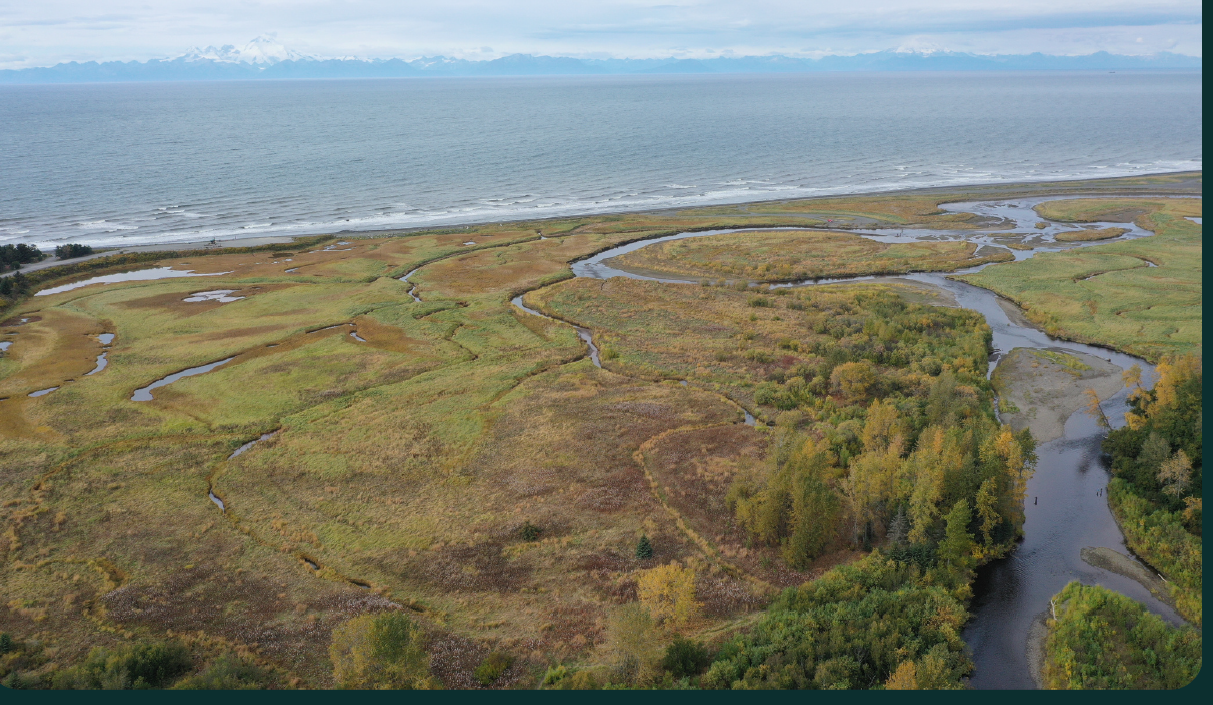We are less than one week away from our 5th Annual Mat-Su Salmon Science and Conservation Symposium (November 7-8, 2012)! This year’s theme is linking science and policy for a future with abundant wild salmon in the Mat-Su.

The 2012 Keynote Speaker is Dr. Bob Lackey, from Oregon State University, where he is a professor of fisheries and political sciences. In his book Salmon 2100: The Future of Wild Pacific Salmon, Dr. Lackey creates an anthology of policy prescriptions to keep salmon in the Pacific Northwest into the next 100 years. Come talk with Dr. Lackey, and discuss how we can apply lessons learned elsewhere, and keep abundant wild salmon in the Mat-Su through 2100!
Dr. Bob Lackey is professor of fisheries science and adjunct professor of political science at Oregon State University. In 2008 he retired from the Environmental Protection Agency’s research laboratory in Corvallis where, over a 27 year career, he served in various senior science and leadership jobs. Since his very first fisheries job, mucking out raceways in a California trout hatchery, he has worked on an array of natural resource issues from various positions in government and academia. His professional assignments involved diverse aspects of natural resource management, but mostly you would find him working at the interface between science and policy. He has published over 100 articles in scientific journals and authored or edited 5 books. Dr. Lackey has long been an educator, having taught at five North American universities. He continues to teach a graduate course in ecological policy at Oregon State University. A U.S./Canada dual citizen, he was a Fulbright Scholar at the University of Northern British Columbia during the 1999-2000 academic year. Dr. Lackey holds a Doctor of Philosophy degree in Fisheries and Wildlife Science from Colorado State University and was selected as the 2001 Honored Alumnus by their College of Natural Resources. He is a Certified Fisheries Scientist and a Fellow in the American Institute of Fishery Research Biologists. In 2008 he was awarded the U.S. Environmental Protection Agency’s highest honor — the Gold Medal — for exceptional contributions in strengthening the role of science in ecological policy.


